Intro
Discover essential pregnancy diet nutrients, including folate, iron, and omega-3 fatty acids, to support fetal growth and maternal health during prenatal development.
Maintaining a healthy diet during pregnancy is crucial for the well-being of both the mother and the baby. A well-balanced diet provides the necessary nutrients, vitamins, and minerals for the fetus to develop properly, while also supporting the mother's overall health. A pregnancy diet should include a variety of foods from all food groups, including fruits, vegetables, whole grains, lean proteins, and healthy fats. In this article, we will delve into the essential components of a pregnancy diet, exploring the benefits, working mechanisms, and practical tips for expectant mothers.
A healthy pregnancy diet is not just about consuming more calories, but also about making informed food choices. Expectant mothers need to focus on nutrient-dense foods that provide the necessary building blocks for their baby's growth and development. A well-planned diet can help prevent pregnancy complications, such as gestational diabetes, hypertension, and preeclampsia. Moreover, a balanced diet can support the mother's physical and mental health, reducing the risk of postpartum depression, anxiety, and other conditions.
During pregnancy, the body undergoes significant changes, and the diet should be adjusted accordingly. The first trimester is a critical period of fetal development, and a healthy diet can help support the formation of vital organs and systems. In the second and third trimesters, the fetus continues to grow and develop, and the mother's diet should provide the necessary nutrients for this growth. Additionally, a healthy diet can help support the mother's increasing energy needs, as well as her overall physical and mental well-being.
Pregnancy Nutrition Basics
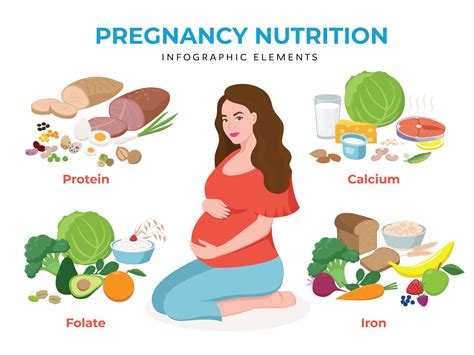
Pregnancy nutrition is based on the same principles as a healthy diet for non-pregnant individuals, with some additional considerations. Expectant mothers should focus on whole, unprocessed foods, including fruits, vegetables, whole grains, lean proteins, and healthy fats. These foods provide essential nutrients, such as folate, iron, calcium, and omega-3 fatty acids, which are vital for fetal development and maternal health. A well-balanced diet should also include a variety of colors on the plate, as different colors provide different nutrients and antioxidants.
Key Nutrients for Pregnancy
A pregnancy diet should include a range of essential nutrients, including: * Folate: crucial for preventing birth defects of the brain and spine * Iron: essential for the production of red blood cells and preventing anemia * Calcium: vital for fetal bone development and maternal bone health * Omega-3 fatty acids: important for fetal brain and eye development * Protein: necessary for fetal growth and development * Fiber: helps prevent constipation and supports healthy blood sugar levelsHealthy Food Choices During Pregnancy
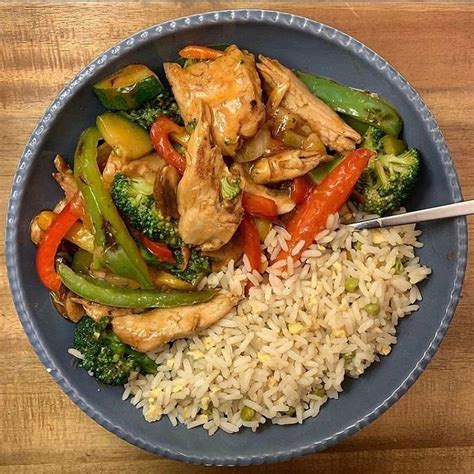
Making healthy food choices during pregnancy can be challenging, but there are some simple tips to follow. Expectant mothers should aim to include a variety of foods from all food groups, including:
- Fruits: rich in vitamins, minerals, and antioxidants
- Vegetables: high in fiber, vitamins, and minerals
- Whole grains: provide fiber, vitamins, and minerals
- Lean proteins: essential for fetal growth and development
- Healthy fats: necessary for fetal brain and eye development
Some healthy food options for pregnant women include:
- Leafy greens, such as spinach and kale
- Berries, such as blueberries and strawberries
- Nuts and seeds, such as almonds and chia seeds
- Fatty fish, such as salmon and sardines
- Sweet potatoes and other complex carbohydrates
Foods to Avoid During Pregnancy
While a healthy diet is essential during pregnancy, there are some foods that should be avoided or consumed in moderation. These include: * High-mercury fish, such as shark and swordfish * Raw or undercooked meat, poultry, and eggs * Unpasteurized dairy products and juices * Processed and high-sugar foods * Caffeine and alcoholPregnancy Meal Planning and Snacking
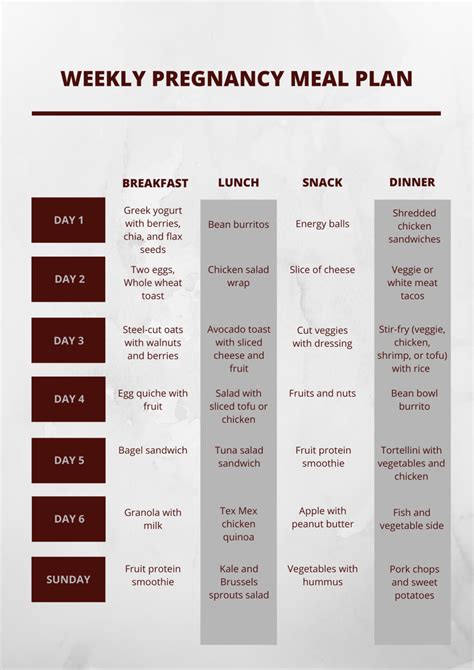
Meal planning and snacking are essential components of a healthy pregnancy diet. Expectant mothers should aim to eat small, frequent meals throughout the day, including a variety of snacks. Healthy snack options include:
- Fresh fruits and vegetables
- Nuts and seeds
- Whole grain crackers and hummus
- Yogurt and cheese
- Hard-boiled eggs and trail mix
Some tips for meal planning during pregnancy include:
- Plan meals in advance to ensure a balanced diet
- Cook meals at home using fresh ingredients
- Avoid eating out or ordering takeout
- Keep healthy snacks on hand to prevent overeating or making unhealthy choices
Staying Hydrated During Pregnancy
Staying hydrated is essential during pregnancy, as it helps support fetal development and maternal health. Expectant mothers should aim to drink at least 8-10 glasses of water per day, and avoid sugary drinks and caffeine. Some tips for staying hydrated include: * Drinking water throughout the day * Eating hydrating foods, such as watermelon and cucumbers * Avoiding sugary drinks and caffeine * Monitoring urine output to ensure adequate hydrationPregnancy Supplements and Vitamins
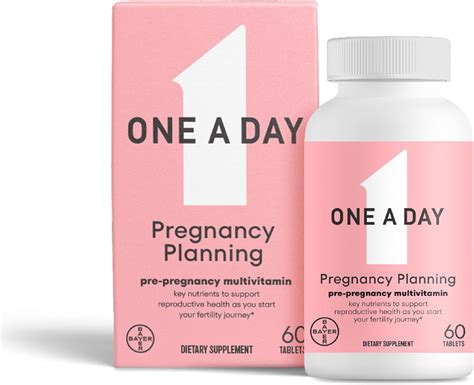
While a healthy diet is essential during pregnancy, some women may require supplements or vitamins to support their health and the health of their baby. Some essential supplements for pregnancy include:
- Prenatal vitamins: provide essential nutrients, such as folate and iron
- Omega-3 fatty acids: support fetal brain and eye development
- Calcium: essential for fetal bone development and maternal bone health
- Probiotics: support gut health and immune function
Some tips for taking supplements during pregnancy include:
- Consulting with a healthcare provider before taking any supplements
- Choosing high-quality supplements from reputable manufacturers
- Following the recommended dosage and schedule
- Monitoring for any side effects or interactions
Pregnancy Nutrition and Lifestyle
A healthy pregnancy diet is just one component of a healthy lifestyle during pregnancy. Expectant mothers should also focus on: * Getting regular exercise, such as walking or prenatal yoga * Practicing stress-reducing techniques, such as meditation or deep breathing * Getting enough sleep, aiming for 7-9 hours per night * Avoiding smoking and secondhand smoke * Limiting exposure to environmental toxins and pollutantsPregnancy Diet and Weight Management
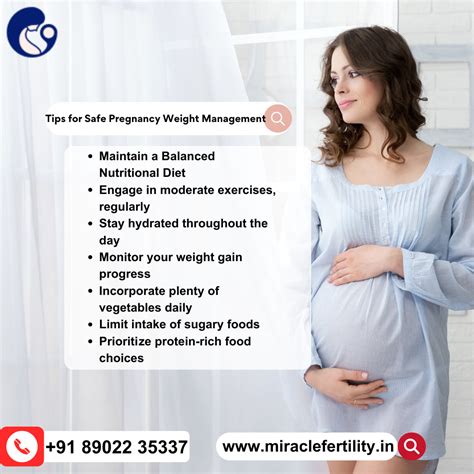
Maintaining a healthy weight during pregnancy is essential for the health and well-being of both the mother and the baby. Expectant mothers should aim to gain a healthy amount of weight, based on their pre-pregnancy body mass index (BMI). Some tips for weight management during pregnancy include:
- Eating a balanced diet, with plenty of fruits, vegetables, and whole grains
- Avoiding high-calorie and high-sugar foods
- Getting regular exercise, such as walking or prenatal yoga
- Monitoring weight gain and adjusting diet and exercise as needed
Pregnancy Nutrition and Mental Health
A healthy pregnancy diet can also support mental health during pregnancy. Expectant mothers should focus on: * Eating a balanced diet, with plenty of omega-3 fatty acids and complex carbohydrates * Getting regular exercise, such as walking or prenatal yoga * Practicing stress-reducing techniques, such as meditation or deep breathing * Connecting with friends, family, and healthcare providers for supportPregnancy Diet and Breastfeeding
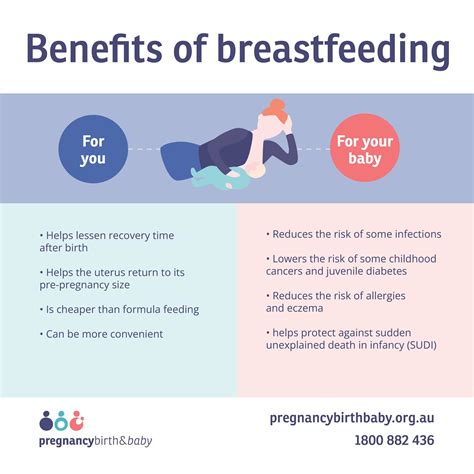
A healthy pregnancy diet can also support breastfeeding and lactation. Expectant mothers should focus on:
- Eating a balanced diet, with plenty of fruits, vegetables, and whole grains
- Staying hydrated, with plenty of water and other fluids
- Getting regular exercise, such as walking or prenatal yoga
- Practicing good breastfeeding techniques and seeking support as needed
Pregnancy Nutrition and Postpartum Health
A healthy pregnancy diet can also support postpartum health and recovery. Expectant mothers should focus on: * Eating a balanced diet, with plenty of fruits, vegetables, and whole grains * Staying hydrated, with plenty of water and other fluids * Getting regular exercise, such as walking or postpartum yoga * Practicing stress-reducing techniques, such as meditation or deep breathingWhat are the most important nutrients for pregnancy?
+Folate, iron, calcium, and omega-3 fatty acids are essential nutrients for pregnancy, as they support fetal development and maternal health.
How can I manage my weight during pregnancy?
+Eating a balanced diet, getting regular exercise, and monitoring weight gain can help expectant mothers manage their weight during pregnancy.
What are some healthy snack options for pregnancy?
+Fresh fruits, nuts, and whole grain crackers are healthy snack options for pregnancy, as they provide essential nutrients and support fetal development.
Can I take supplements during pregnancy?
+Yes, some supplements, such as prenatal vitamins and omega-3 fatty acids, can be beneficial during pregnancy, but expectant mothers should consult with their healthcare provider before taking any supplements.
How can I stay hydrated during pregnancy?
+Drinking plenty of water, eating hydrating foods, and avoiding sugary drinks can help expectant mothers stay hydrated during pregnancy.
In conclusion, a healthy pregnancy diet is essential for the well-being of both the mother and the baby. By focusing on whole, unprocessed foods, staying hydrated, and getting regular exercise, expectant mothers can support their health and the health of their baby. We invite you to share your thoughts and experiences with pregnancy diet and nutrition in the comments below. Additionally, if you have any questions or concerns, please do not hesitate to reach out to your healthcare provider. By working together, we can support the health and well-being of expectant mothers and their babies.
